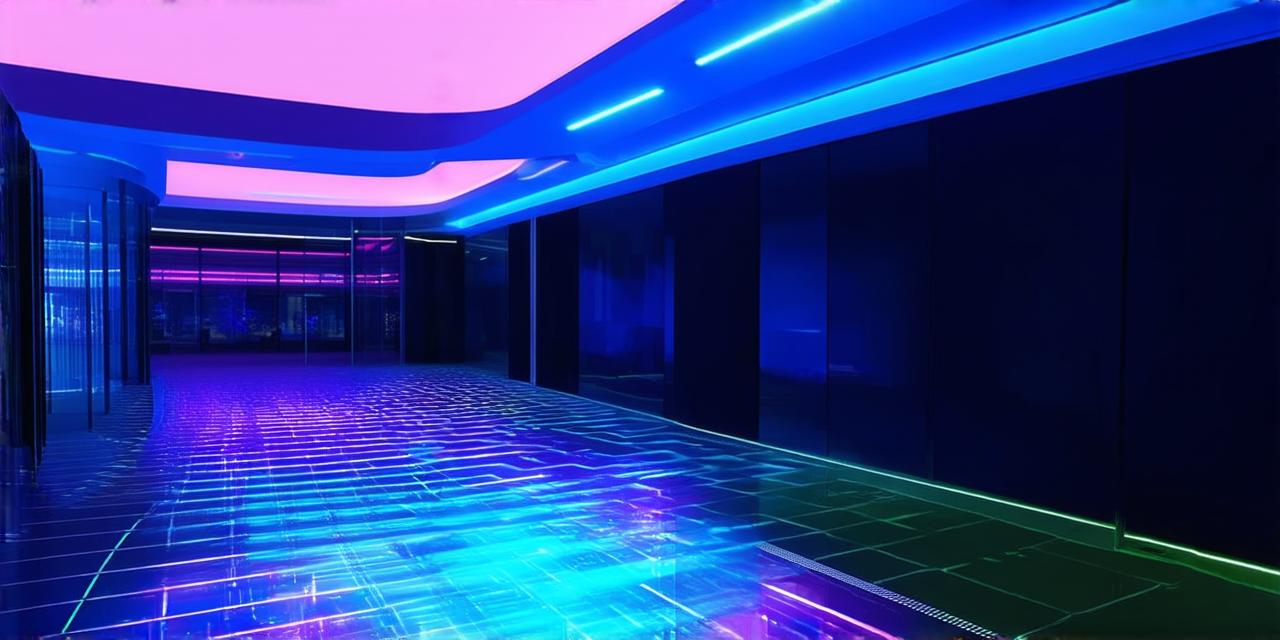Benefits of Building a School in the Metaverse
There are several reasons why building a school in the metaverse can be beneficial:
- Accessibility: The metaverse allows people to access educational content from anywhere in the world, making it easier for students who may not have easy access to traditional schools or classrooms to participate in educational programs. This provides an opportunity for students from all over the world to learn together and collaborate on projects.
- Flexibility: Virtual schools can offer more flexible scheduling options than traditional schools, allowing students to learn at their own pace and on their own timetable. This is particularly beneficial for students who may have work or family commitments that prevent them from attending classes during traditional hours.
- Cost-effectiveness: Building a school in the metaverse can be more cost-effective than building a physical campus, as there are no costs associated with rent or maintenance of physical space. This allows schools to offer courses at lower prices, making education more accessible to a wider audience.
- Innovation: The metaverse provides an opportunity to build schools that can offer innovative learning experiences, such as simulations and immersive environments that allow students to explore complex concepts in new ways. This allows for more engaging and interactive learning experiences that may not be possible in traditional classroom settings.
Best Practices for Building a School in the Metaverse
Now that we have discussed the benefits of building a school in the metaverse, let’s take a look at some best practices for doing so:
- Define your goals: Before you start building your virtual school, it is important to define what you want to achieve. This could include providing access to educational content, offering innovative learning experiences or creating a supportive community of learners. Defining your goals will help you focus your efforts and ensure that your school meets the needs of your target audience.
- Choose the right platform: There are several platforms available for building virtual schools in the metaverse, including virtual reality (VR) and augmented reality (AR) environments. The choice of platform will depend on your goals and the type of learning experiences you want to offer. For example, VR environments may be more suitable for simulations and immersive experiences, while AR environments may be more suitable for interactive and collaborative learning experiences.
- Create engaging content: Virtual schools rely on high-quality educational content to engage and inspire students. This could include videos, simulations, interactive quizzes or other forms of multimedia that allow students to explore complex concepts in new ways. Creating engaging content is essential for keeping students motivated and interested in the learning process.
- Foster a sense of community: One of the key benefits of building a school in the metaverse is the opportunity to create a supportive community of learners. This could include creating virtual classrooms, discussion forums and other spaces where students can interact with each other and their instructors. Building a strong sense of community is essential for creating a positive learning environment that encourages collaboration and sharing.

Real-Life Examples of Successful Virtual Schools
There are several examples of successful virtual schools that have been built in the metaverse:
- The New School District: The New School District is a virtual school that offers classes in subjects such as math, science and social studies. Students can take classes in VR environments and interact with their instructors and classmates in real-time. The New School District has been successful in providing accessible and engaging learning experiences to students around the world.
- The Lab School of Futures Studies: The Lab School of Futures Studies is a virtual school that offers courses on topics such as artificial intelligence, robotics and space exploration. Students can take classes in immersive AR environments and explore complex concepts through simulations and other forms of interactive learning. The Lab School of Futures Studies has been successful in providing innovative learning experiences to students who are interested in emerging technologies.
- The Virtual University of London: The Virtual University of London (VUL) is a virtual school that offers courses to students around the world. VUL uses a combination of virtual classrooms, online lectures and other forms of digital content to provide students with an engaging and effective learning experience. The Virtual University of London has been successful in providing accessible and high-quality education to students from all over the world.
